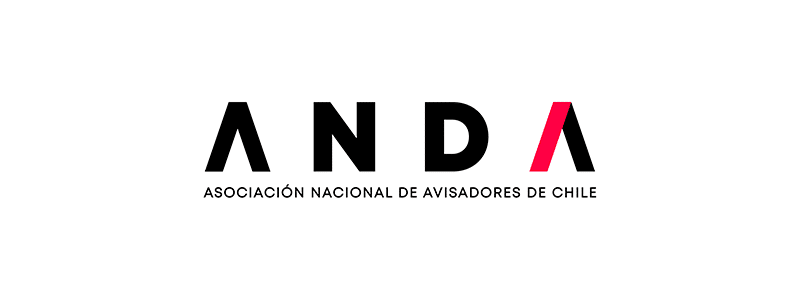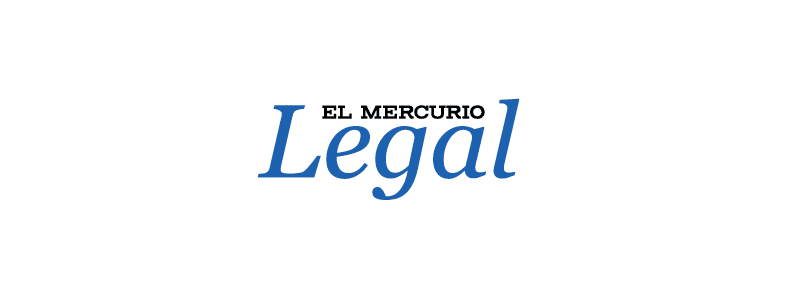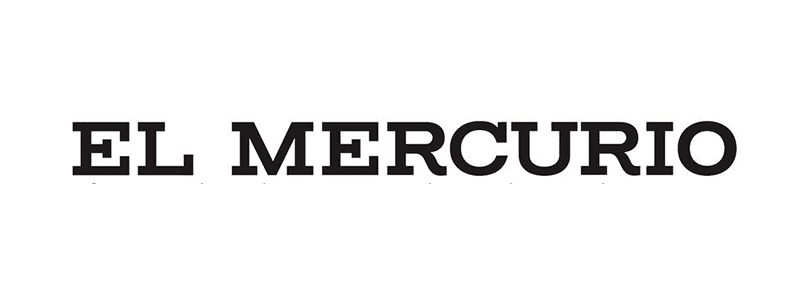This June 8 is World Anti-Counterfeiting and Piracy Day, which invites us to talk about the importance of this issue.
In the current, widely digitalized context, product piracy has evolved significantly. Gone are the days when pirated products were sold mainly on sidewalks or in informal businesses. Today, much of this commerce takes place through digital channels, presenting new challenges for the protection and enforcement of the rights of trademark and copyright owners.
One of the biggest challenges in the digital context is the difficulty in identifying the true identity and whereabouts of those who sell pirated products. In practice, through electronic commerce, it is not always easy to obtain precise individualization of the seller, which complicates legal actions and the effective application of intellectual property rights.
According to Chilean legislation, the protection of copyright and industrial property rights are governed mainly by Law No. 17,336 on Intellectual Property and No. 19,039 on Industrial Property. These laws establish the exclusive rights of the owners and the sanctions applicable in case of infringement. However, the application of these standards in the digital sphere presents particularities that require additional strategies and tools.
Faced with these challenges, various e-commerce platforms have implemented free mechanisms to allow rights holders to report and prevent the commercialization of pirated products. These initiatives not only benefit rights holders, but also strengthen the reputation of the platforms by guaranteeing original and quality products to consumers.
For rights holders, these mechanisms allow them to act quickly to remove pirated products from the market, thus protecting their investments and creations. In addition, the tools implemented by the platforms are usually easy to access and use, making it easier to manage complaints.
For e-commerce platforms, offering original and quality products allows them to gain the trust of consumers, which can translate into increased sales and customer loyalty. Likewise, these initiatives help platforms comply with intellectual property protection regulations, avoiding possible sanctions and lawsuits.
In conclusion, in the current digitalized scenario, collaboration between rights holders and e-commerce platforms is essential to effectively combat piracy, protect intellectual property rights and provide a safe and reliable environment for consumers. Initiatives such as reporting and blocking mechanisms for pirated products are important steps towards the consolidation of a fairer digital market that respects intellectual property.
Column written by Carlos Lazcano, senior associate of the IP, Tech and Data group.




